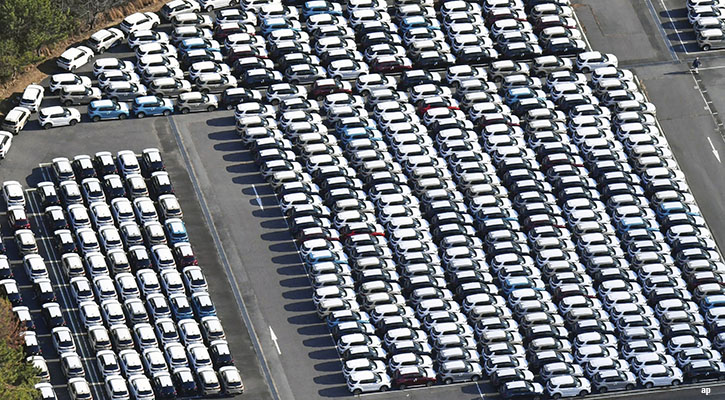Morningstar's "Perspectives" series features investment insights from third-party contributors. Here, Odile Lange-Broussy, co-manager of the Lombard Odier Emerging Consumer Fund discusses the thirst for brands and the brewing sector among developing economies.
In the developing world as populations grow and wealth rises the options for investors multiply. Plainly there is more desire for a whole range of consumer goods, but which products will see this aspiration turned into profitable demand? Put simply –what brands are accessible to people whose income is now sufficient for some discretionary expenditure? The brewing sector is set to be one of the early beneficiaries of this trend. A branded beer in a bar or at home is a visible consumer desirable, despite being a relatively small ticket item.
The scale of the market opportunity is huge. The African Development Bank estimates that Africa’s middle class, reckoned to number just 115 million for the whole continent in 1980, has grown to 326 million in the past three and a half decade, making up 33% of Africa’s population today.
In developing Asia, the middle class accounts for 56% of the population and in Latin America it is 77%. We know that as middle classes expand, the retail and leisure infrastructure develops alongside this to supply and service improvements and changes in diet and lifestyle.
While emerging consumers are looking for better food, housing and education to provide an improved future for their children, their aspirations also change further up the hierarchy of need. As wages increase, lifestyle changes start to be felt. This includes demand for desirable branded goods, but at accessible low prices. Beer demand is a prime example. It only takes a small and incremental rise in wages to have a dramatic effect.
Take China. Here average salaries have multiplied five times since 1999 and in certain urban areas have caught up with wages in peripheral Europe. Beer consumption per person has risen from 18 litres in 2001 to close to 40 today. In Vietnam the trend saw a rise from 3 litres per person per year in 1995 to 40 litres today.
But the trend is not uniform across the alcoholic beverage sector. The demand for wine and spirits remains small and has suffered in the last two years following China’s anti-corruption policy which reduced demand for wine and spirits as gifts. The demand for beer, however, is a pure play domestic consumer market. As infrastructure improves and brands become more desirable there remains room for margins to increase.
China’s Tsingtao is an example, with a twenty percent share of the Chinese beer market the company is keeping operating margins relatively low at the moment (around 12%) to increase market share, but in the long term could well enjoy margins of some 25% or more, as is the case for brewers with dominating market shares in the US or in Brazil, for instance. Other interesting stocks in this sector are United Breweries (532478) in India, Delta in Zimbabwe, Nigerian breweries and Guinness Nigeria.
In fact, even if breweries in Nigeria are not as cheap as in other emerging countries, investors can find good value. The beer market in Nigeria is expected to experience a strong growth rate as the population within the drinking age bracket increases, and the economy is expected to perform well, helping to grow disposable income. Furthermore, activities of market players such as advertising, new products and other promotional activities will also create an expanding market. The market will also benefit from national elections in 2015, as demand generally soars during such periods.
For investors seeking to tap into emerging market domestic consumption and particularly the demand for beer, there is a case for investing in a mixture of global stocks with large developing markets turnover and local emerging-markets brewers, run by good management teams. The latter still trade on similar consumption multiplies to developed world brewers. The difference is that their growth is likely to dwarf the trends seen in restaurant spending, beer consumption or supermarket spending in the US and Europe since the Eighties.
Disclaimer
The views contained herein are those of the author(s) and not necessarily those of Morningstar. If you are interested in Morningstar featuring your content on our website, please email submissions to UKEditorial@morningstar.com.










.jpg)

















